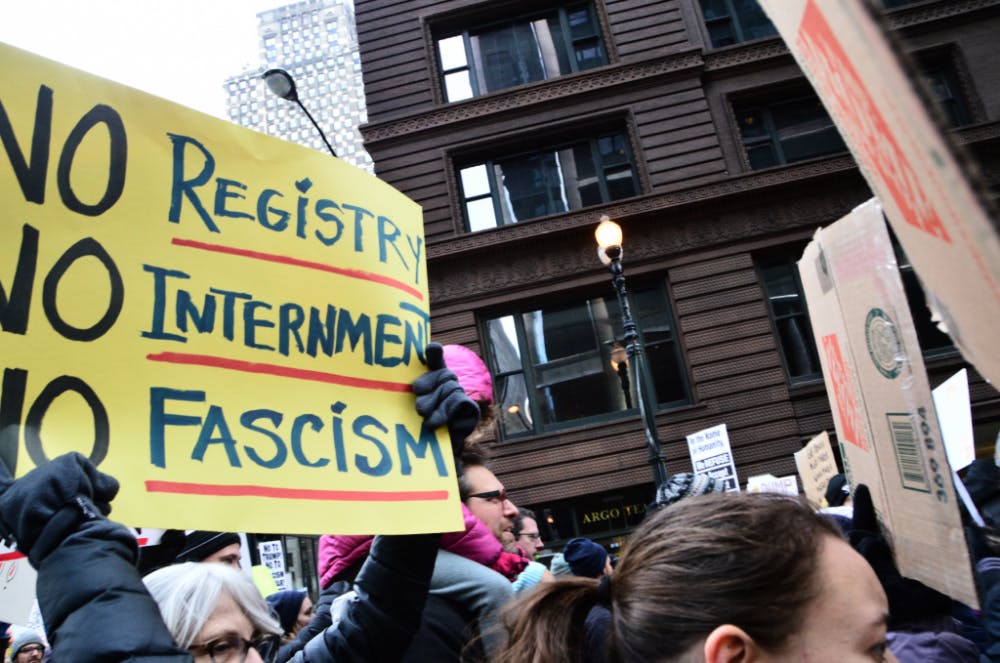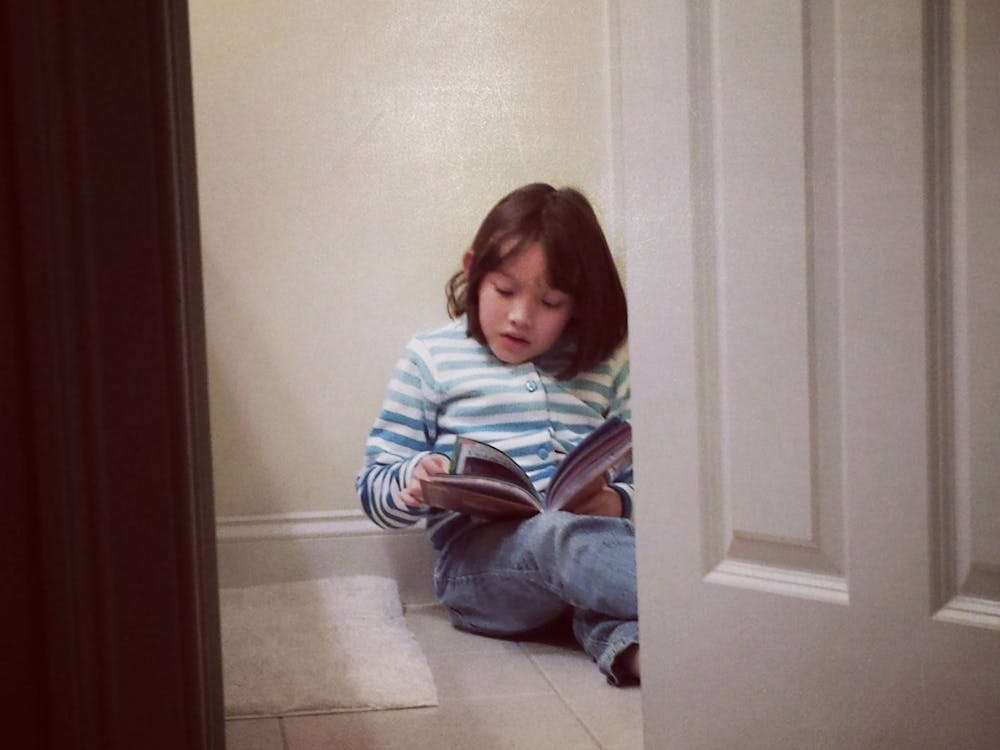
Of the 14 executive actions Trump signed in his initial seven days, the one that had (and has) perhaps the most immediate and direct effect on people’s lives is the executive order pertaining to immigration and refugee situations.
The order bans Syrian refugees indefinitely, institutes a four month hold on all refugee processes, reduces the fiscal 2017 refugee acceptance number to 50,000 from the 110,000 which Obama had just raised it to and effectively discriminates in favor of Christian refugees. Among other measures, it also bans immigration from seven Muslim-majority countries (Iraq, Iran, Syria, Sudan, Somalia, Libya and Yemen) for 90 days.
This order is only dressed flimsily in the façade of national security. In reality, none of the measures will induce significant increases in safety because none of them address the root causes of potential threats. Trump is pleasing his base by implementing in not only word but now in deed the scapegoating of immigrants and refugees, and it is with regard to this latter group that his actions demonstrate a particularly repulsive absence of empathy.
What this executive order bespeaks is a stark lack of compassion, an appallingly willful ignorance of facts and a complete disregard of the ramifications of such measures and U.S. responsibilities in the international community.
Following the order, on Friday, Jan. 27 and Saturday, Jan. 28, airports began to detain lawful permanent residents (green card holders) and refugees. It is perhaps this latter group for which the change is most tragic, both for the already-vetted who might have had the possibility of resettling in the U.S. and for the ready-to-arrive refugees whose fate is once again uncertain.
Refugees are among the world’s most vulnerable people. The distinction between a refugee and an immigrant is an important one and one which Trump has consistently blurred or blatantly and purposefully disregarded.
The United Nations 1951 Convention defines a refugee as a person outside their home country who has a well-founded fear of persecution and cannot seek protection from the home government due to that fear.
Unlike immigrants, who may leave their country of origin for a variety of other reasons and may willfully return there, refugees are forced to flee. That same convention made it international law that countries have a collective responsibility to protect refugees, a law of which this executive order is, in many ways, a flagrant violation.
At the end of 2015, according to the U.N. High Commissioner for Refugees (UNHCR), there were 21.3 million refugees. More than half of them were children. Of that number, less than one percent are resettled. The U.S. has accepted roughly 80,000 per fiscal year for the past several years, with Democratic Republic of Congo, Iraq, Myanmar and Somalia as consistently the top nations of origin for U.S.-resettled refugees, with Syria only very recently joining that list.
The U.S. resettles the most refugees in absolute numbers — but 80,000 in the face of 21 million? It is comparable to moving a pebble at the base of a mountain. Now Trump has slashed the number even lower.
The United States has the power, the ability and the responsibility to resettle more refugees — and to stabilize and support their integration once they arrive. Our efforts have been puny, and at times half-hearted, in regards to the global refugee crises. What is more of a disgrace, however, is the increasingly vile and hostile attitude displayed by a sizable portion of the general public, a significant number of legislators, and now our own president.
Refugees are not a threat. They are fleeing from threats of war, torture and almost certain death. The U.S. vetting process, which can take up to two years, is already extraordinarily intense, with background information being cross-checked with the FBI, the CIA, the Department of Homeland Security and the State Department. How does Trump imagine it can be any more stringent than it already is?
That our focus is now on closing our borders, to both refugees and immigrants, is a waste and a disgrace. And quite possibly unlawful.
By barring immigrants based on nationality and religion, we reinstate explicit and shameless discrimination, the zombie of America’s immigration-discriminatory past re-infiltrating our government.
By denying entrance to those precious few refugees we could have accepted, we further our complicity in the deaths of these hundreds of thousands, these millions, of people.
As Johns Hopkins PhD student Jeffrey Freeman said in a Q&A session about the refugee situation, “For most people in this world, their statistic is the only memorial they have.”
Behind the numbers are real people. Our discourse, our policies and our attitudes should reflect and honor that reality.





